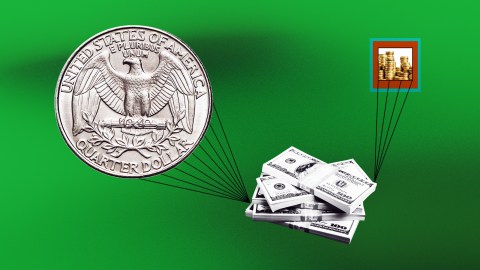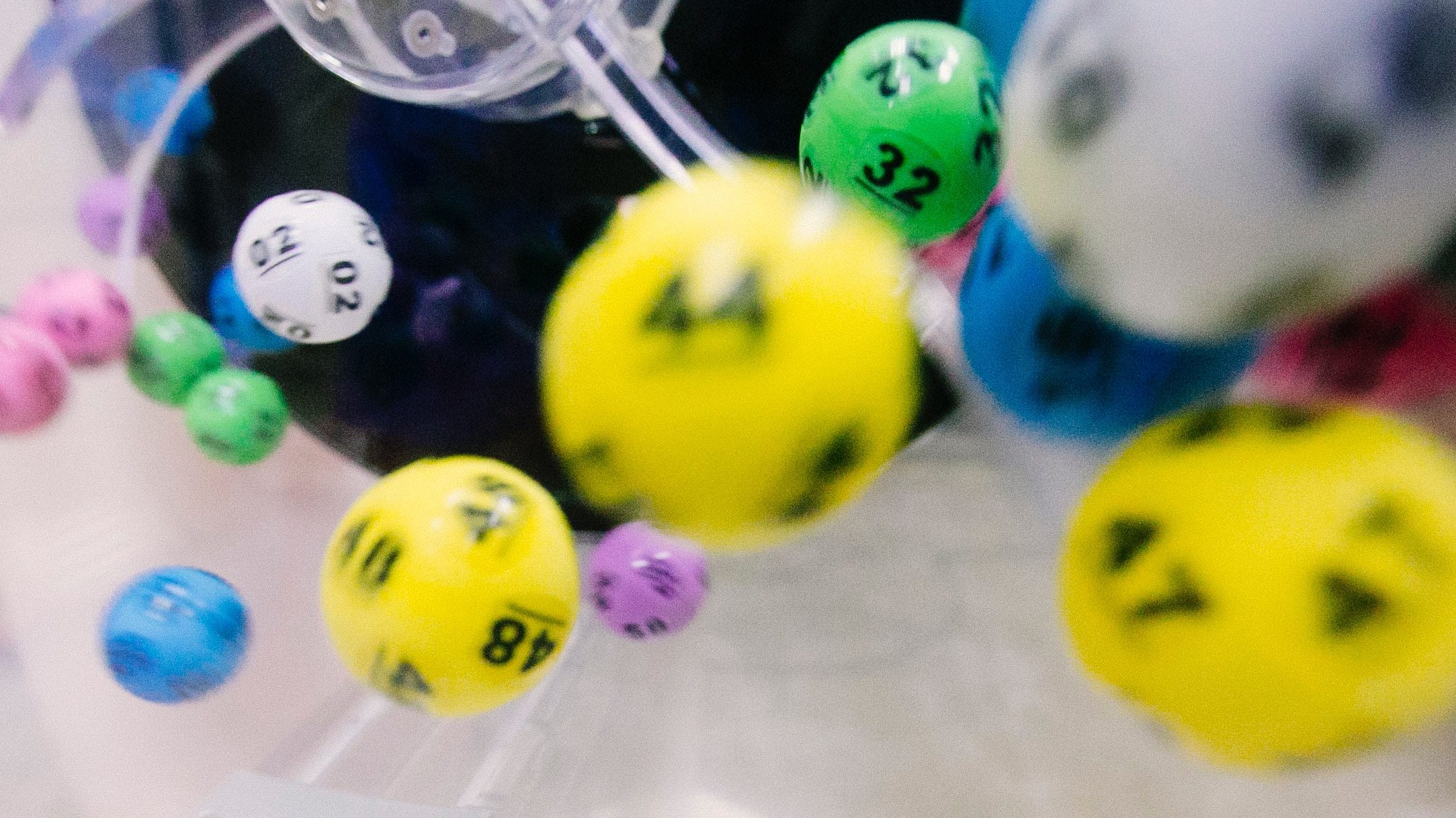Why do poor Americans spend so much on the lottery?

- The lowest-income households spend an average of $412 per year on lottery tickets, more than four times what the highest-income households spend.
- This seems absurd because lottery tickets are a losing proposition statistically.
- But can we really blame those less fortunate for rolling the dice if they stand little chance of ever being wealthy?
Americans spend more on lottery tickets than movies, video games, and concerts combined. Leading the way are the lowest-income households, which shell out an estimated $412 each year, four times the amount spent by the highest-income households. A 2011 survey also found that people in the lowest fifth of socioeconomic status played the lottery on 26 days each year. The second-lowest fifth did so on 18 days. Everyone else played ten days or fewer.
As financial writer Morgan Housel wrote in his popular 2020 book, The Psychology of Money, at face value, this spending habit among the poorest Americans seems absurd: “Forty percent of Americans cannot come up with $400 in an emergency. [Low-income lottery players] are blowing their safety nets on something with a one-in-millions chance of hitting it big.”
In fact, scratch lottery tickets pay back around 50% on average. For every $10 a player spends, they will likely “win” $5. National lotteries like Mega Millions or Powerball have even worse odds. While a player may occasionally get lucky and come out ahead, the more they play over time, the likelier it is that their monetary losses will reach the intended average. Lottery tickets are a losing proposition, plain and simple.

So why do those living in the most strained circumstances spend so much more on them? The financially savvy might opine that this behavior is born purely of ignorance, but Housel and scientific researchers point to alternative psychological explanations, ones most people can empathize with. For instance, in one study, researchers highlighted the inequalities present in the U.S. and noted that low-income players may consider lotteries to be a “social equalizer” in which everyone has an equal chance to win in an otherwise rigged system.
In a study conducted in Germany, researchers surveyed lottery players and found something similar: “People play the lottery depending on… their desire to participate in a world normally out of their reach and the tensions they feel from the distance between their aspirations and their actual social position,” they wrote. “Although the chances of winning are low, playing the lottery at least creates hope for material improvement and a higher social status that cannot be achieved through conventional channels.”
Is it really so ridiculous that a person laboring on a manufacturing line for 50 hours a week making $20 an hour would spend $10 a week on lottery tickets to, at least for a moment, entertain the dream of striking it rich? A millionaire choosing to spend a tenth of their savings on a speedboat is arguably making a worse financial decision. The same could be said of an office worker making a $100,000 salary spending $200 each week to dine out frivolously.
We all do crazy stuff with money because we’re all relatively new to this game and what looks crazy to you might make sense to me.
Morgan Housel
As Housel points out in his book, the myriad ways we can spend our money, and even the modern monetary system itself, have only been around for the evolutionary blink of an eye. Widespread use of consumer debt — mortgages, credit cards, car loans — only became popular after WWII. 401(k) plans launched in 1978. Investing software offering essentially free trades to anyone has been around for less than a decade. Our slow-to-adapt thinking systems are ill-prepared for making solid financial decisions in a rapidly changing world.
“We all do crazy stuff with money because we’re all relatively new to this game and what looks crazy to you might make sense to me,” Housel wrote. “But no one is crazy — we all make decisions based on our own unique experiences that seem to make sense to us in a given moment.”
In this regard, we’re all equal, from the low-income lottery players to the high-earning luxury spenders.





